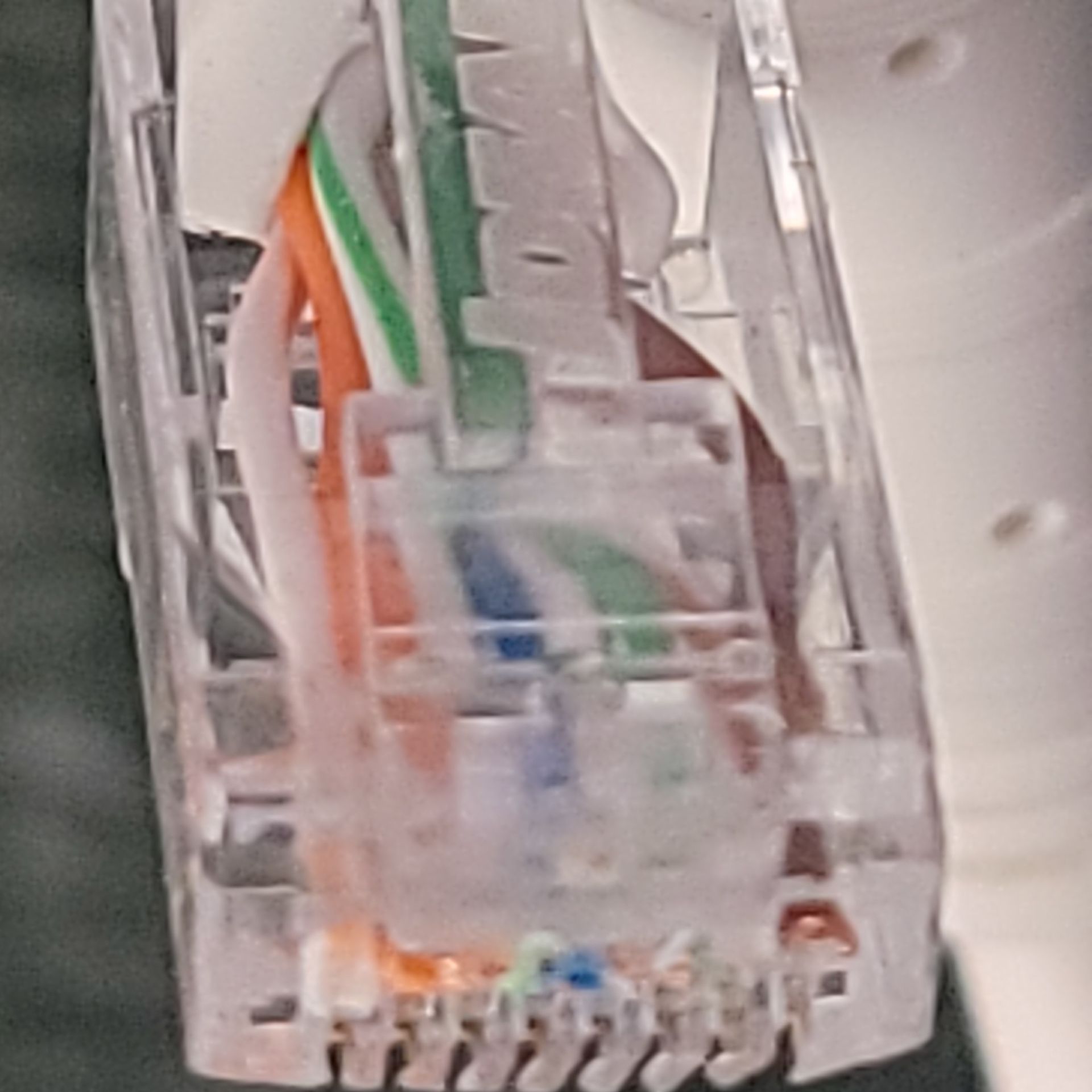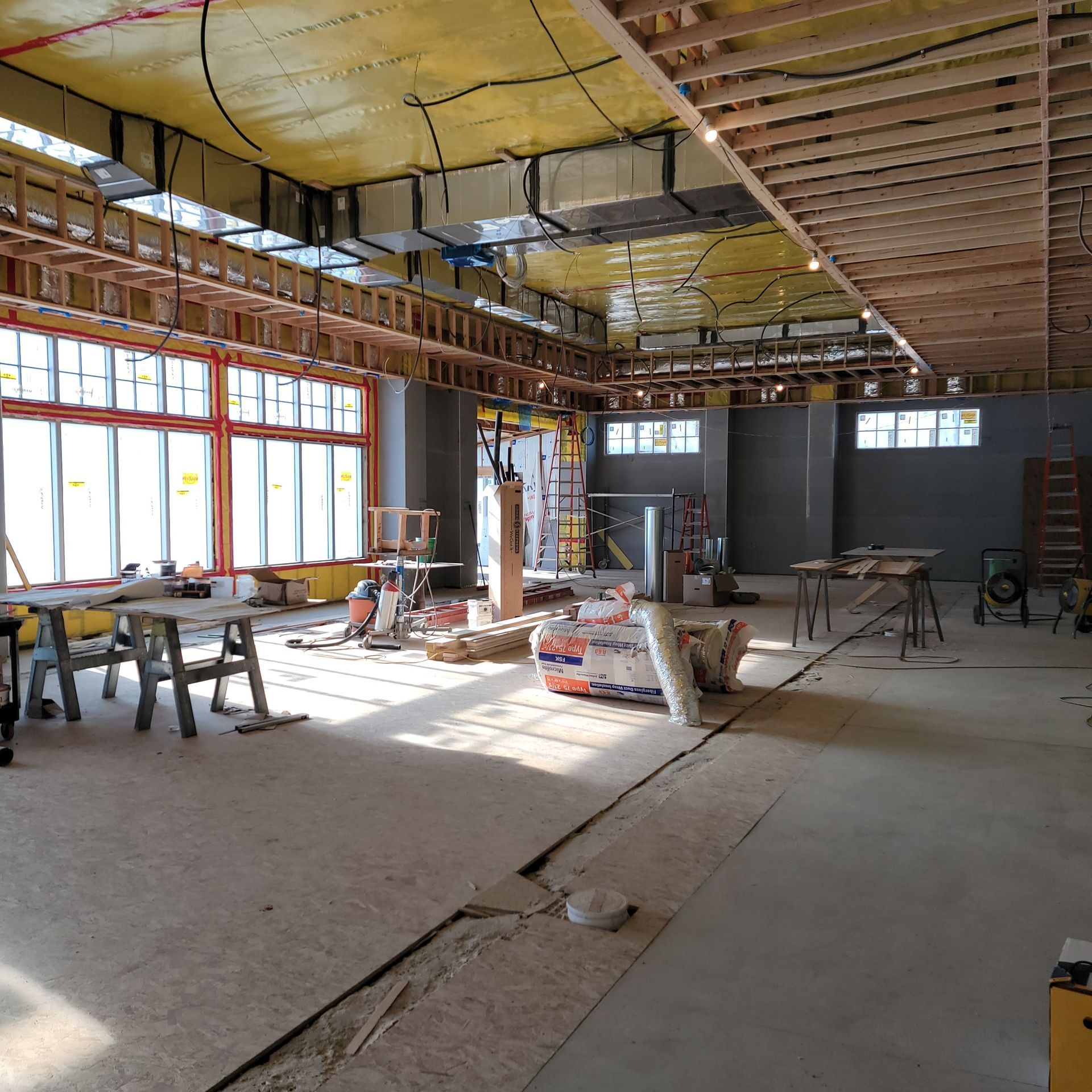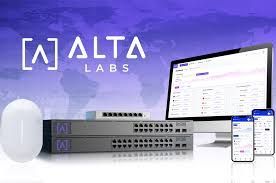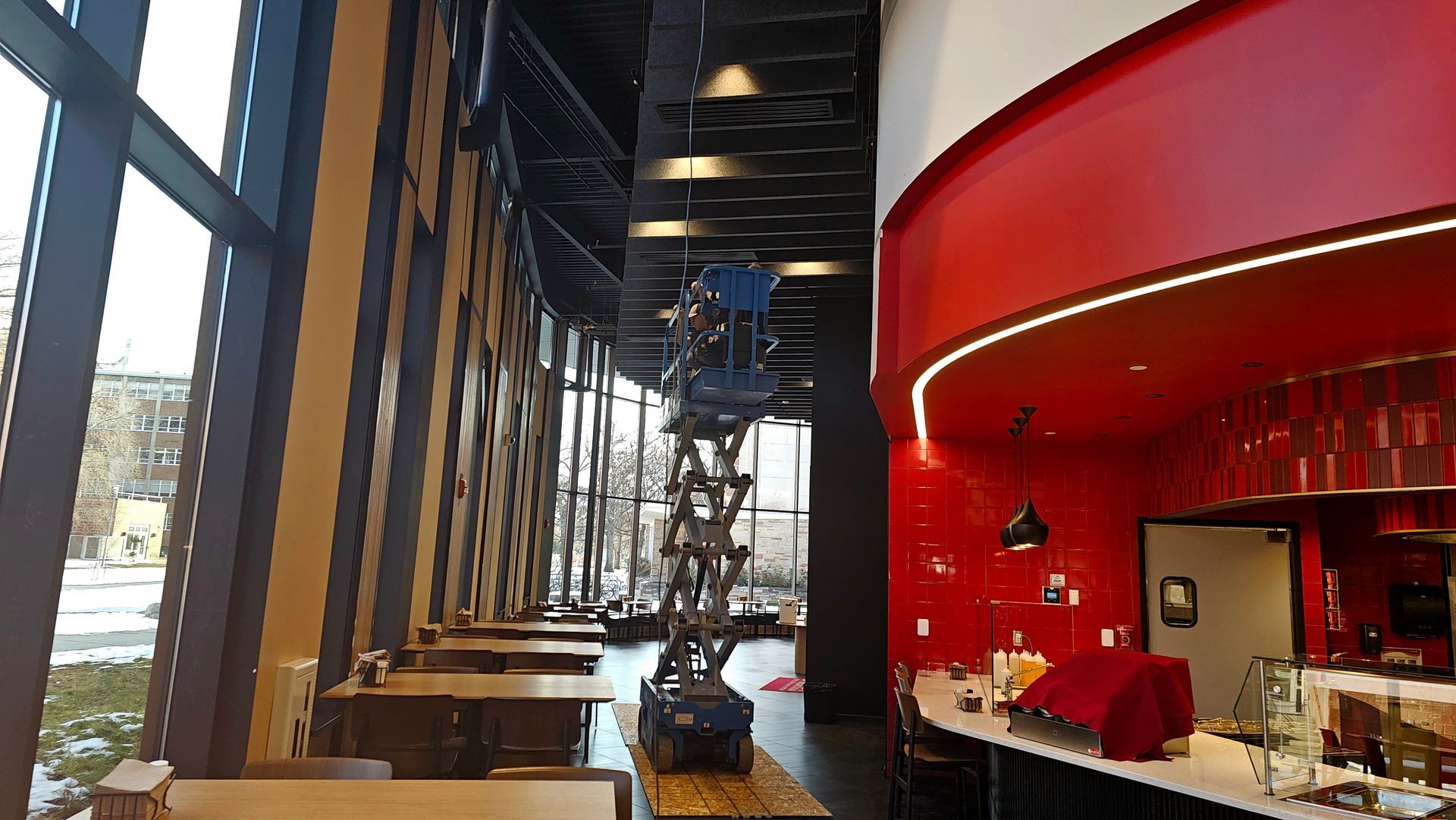How Having a Smart Home Can Increase the Value of Your Home
How having a smart home can increase the value of your home

Introduction:
In an age where technology is seamlessly integrated into our daily lives, smart homes have emerged as a significant trend in the real estate market. A smart home, equipped with cutting-edge technology that automates and enhances various aspects of living, offers numerous benefits. Beyond the immediate convenience and security, investing in smart home technology can substantially increase the value of your home.
The Appeal of Smart Homes
Smart homes offer a myriad of advantages that make them highly appealing to modern homebuyers:
Convenience and Ease of Use:
Smart home devices simplify daily tasks, from controlling lighting and climate to managing appliances, all with a few taps on a smartphone or through voice commands.
Enhanced Security Features:
Advanced security systems, including smart locks, cameras, and alarms, provide homeowners with peace of mind and heightened protection against intrusions.
Energy Efficiency and Cost Savings:
Smart thermostats, lighting systems, and appliances optimize energy usage, leading to significant cost savings on utility bills and a reduced environmental footprint.
Integration and Automation:
The ability to automate and integrate various home systems creates a cohesive and efficient living environment, enhancing overall quality of life.
Market Trends and Statistics
The popularity of smart homes is on the rise, with significant market trends and statistics underscoring their growing demand:
- A study by Coldwell Banker found that nearly half of American millennials own smart home products, reflecting a strong preference among younger buyers.
- According to the National Association of Home Builders, homes with smart technology can sell faster and at a premium, often up to 5% higher than traditional homes.
- The global smart home market is projected to reach $174 billion by 2025, demonstrating the increasing investment in this technology.
Builders and Smart Home Companies: A Strategic Partnership
Recognizing the rising demand for smart homes, many builders are now collaborating with smart home technology companies during the construction phase. This partnership offers several benefits:
Integrated Systems from the Start: By incorporating smart technology during construction, builders can ensure seamless integration of various systems, providing a cohesive smart home experience.
Cost Efficiency: Installing smart devices during construction can be more cost-effective than retrofitting an existing home. Builders can take advantage of bulk purchasing and streamlined installation processes.
Enhanced Market Appeal: Homes pre-equipped with smart technology are more attractive to tech-savvy buyers, giving builders a competitive edge in the real estate market.
Future-Proofing Homes: As smart technology continues to evolve, homes built with these systems in place are better positioned to adapt to new advancements, ensuring long-term value and appeal.
Banks and Smart Home Improvements
Financial institutions are increasingly recognizing the value of smart home technology in both new builds and remodels:
Inclusion in Financing: Banks often include the cost of smart home improvements in mortgages for spec-built homes and home remodel loans. This allows homeowners to finance their smart home upgrades over time rather than paying upfront.
Enhanced Appraisals: Homes with smart technology may receive higher appraisals, making it easier for homeowners to secure financing and potentially refinance at better rates.
Attractive Loan Packages: Some banks offer special loan packages or incentives for homes incorporating energy-efficient and smart technologies, reflecting the long-term savings and increased home value.
Key Smart Home Features That Add Value
Certain smart home features are particularly effective in boosting a home's market value:
Smart Security Systems: High-tech security solutions, including smart cameras, video doorbells, and alarm systems, enhance safety and are highly sought after by homebuyers.
Smart Lighting and Climate Control: Systems like smart thermostats and lighting control not only offer convenience but also contribute to energy efficiency, a key selling point for eco-conscious buyers.
Smart Appliances: Modern, connected appliances such as refrigerators, ovens, and washing machines add a touch of luxury and functionality to any home.
Smart Entertainment Systems: Home theaters, multi-room audio systems, and smart TVs create an immersive entertainment experience that appeals to tech-savvy buyers.
Home Automation Systems: Centralized control hubs and voice assistants like Amazon Alexa, Google Home, or Apple HomeKit provide seamless integration and control of all smart devices.
Real Estate Agents: Maximizing Home Value with Smart Technology
For real estate agents, understanding the value of smart home technology can be a game-changer in marketing and selling homes:
Highlight Smart Features: When listing a property, emphasize the smart home features prominently in descriptions and marketing materials. Showcase how these features enhance convenience, security, and energy efficiency.
Educate Potential Buyers: Provide potential buyers with information on how to use and benefit from the smart technology installed in the home. Demonstrations can be particularly effective in showing the ease and value of these systems.
Leverage Market Trends: Stay informed about the latest trends in smart home technology and buyer preferences. Use this knowledge to advise sellers on which upgrades can yield the highest return on investment.
Collaborate with Smart Home Experts: Partner with smart home companies or consultants to offer buyers and sellers expert advice on integrating or upgrading smart technology in their homes.
Case Studies and Real-Life Examples
Real-world examples illustrate the tangible benefits of smart home technology in increasing property value:
- A Chicago homeowner reported a 15% increase in their home's value after installing a comprehensive smart home system, including security cameras, smart locks, and a smart thermostat.
- Real estate agents have noted that homes equipped with smart technology tend to stay on the market for a shorter duration, as buyers are drawn to the modern conveniences offered.
How to Upgrade Your Home
For homeowners looking to boost their property value with smart technology, here are some practical tips:
Choose the Right Technology:
Focus on widely adopted and compatible devices that offer the best return on investment.
Start with High-Impact Upgrades:
Begin with essential upgrades like security systems and smart thermostats, which are highly valued by buyers. And can work with future upgrades. Many off-the-shelf products are one size fits all. And will limit your ability to make a cohesive smart home.
Professional Installation:
Consider professional installation for complex systems to ensure optimal performance and integration. Professional installation ensures that all devices work together seamlessly and reduces the risk of technical issues.
Conclusion
Investing in smart home technology is not just about keeping up with the latest trends; it's a strategic decision that can enhance your living experience and significantly increase the value of your home. By integrating smart features, you can enjoy greater convenience, security, and efficiency while making your property more attractive to potential buyers. Builders are increasingly recognizing this value and are partnering with smart home companies to integrate these technologies from the start. Financial institutions are also supportive, often including the cost of these improvements in home financing. Real estate agents, by understanding and promoting these features, can effectively maximize the value of homes in the market. Embrace the future of living and consider smart home upgrades as a worthwhile investment for your home.











